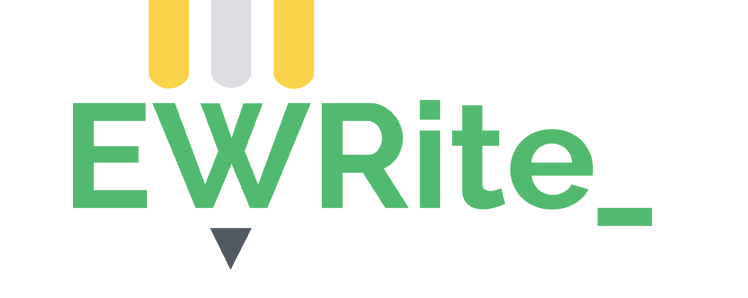2. Planning your academic essays and critiques
You should go through the
following stages when planning your writing:
(1)
Analyse
an assignment by breaking the writing task down into component parts: the
instruction (i.e. the word or a command that introduces the assignment), the
topic (i.e. the context of the discussion to be constructed), the aspect (i.e. the
specific focus within the wider context of the topic), and the restriction
(i.e. the limitation of the scope of discussion), for example:

A list of instruction words adapted from McMillan and Weyers (2007, p. 33) is provided in the Appendix in this genre guide.
(2) Explore
the topic in detail by creating a concept map of as many related aspects as
possible. This requires the use of your critical thinking skills before being
influenced by any literature. You have to analyse your own thoughts on what is
important in this subject or topic.
(3) Search for and select relevant material for reading. Take notes and read with discrimination. Your understanding of the topic will be deepened when you read from basic texts to more specialised literature, which contains detailed information and analyses.
About this website
EWRite is an open access online literacy platform for PolyU community that has two major objectives:
- to support PolyU students’ literacy development within and across the disciplines
- to support subject and language teachers to implement system-level measures for integrating literacy-sensitive pedagogies across the university
This platform provides access to generic genre guides representing typical university assignments as well as links to subjects offered by faculties with specific disciplinary genres and relevant support materials.
The materials can be retrieved by students by choosing the genres that interest them on the landing page. Each set of materials includes a genre guide, genre video, and a genre checklist. The genre guide and video are to summarize the genres in two different ways (i.e. textual and dynamic) to fit different learning styles. The genre checklist is for students to self-regulate their writing process. The genre guide and checklist include links to various ELC resources that can provide further explanation to language items (e.g. hedging and academic vocabulary).
The platform also acts as a one-stop-shop for writing resources for students, language teachers and subject leaders. Information about the English Writing Requirement policy can also be found on this platform. There are training materials for new colleagues joining the EWR Liaison Team.


